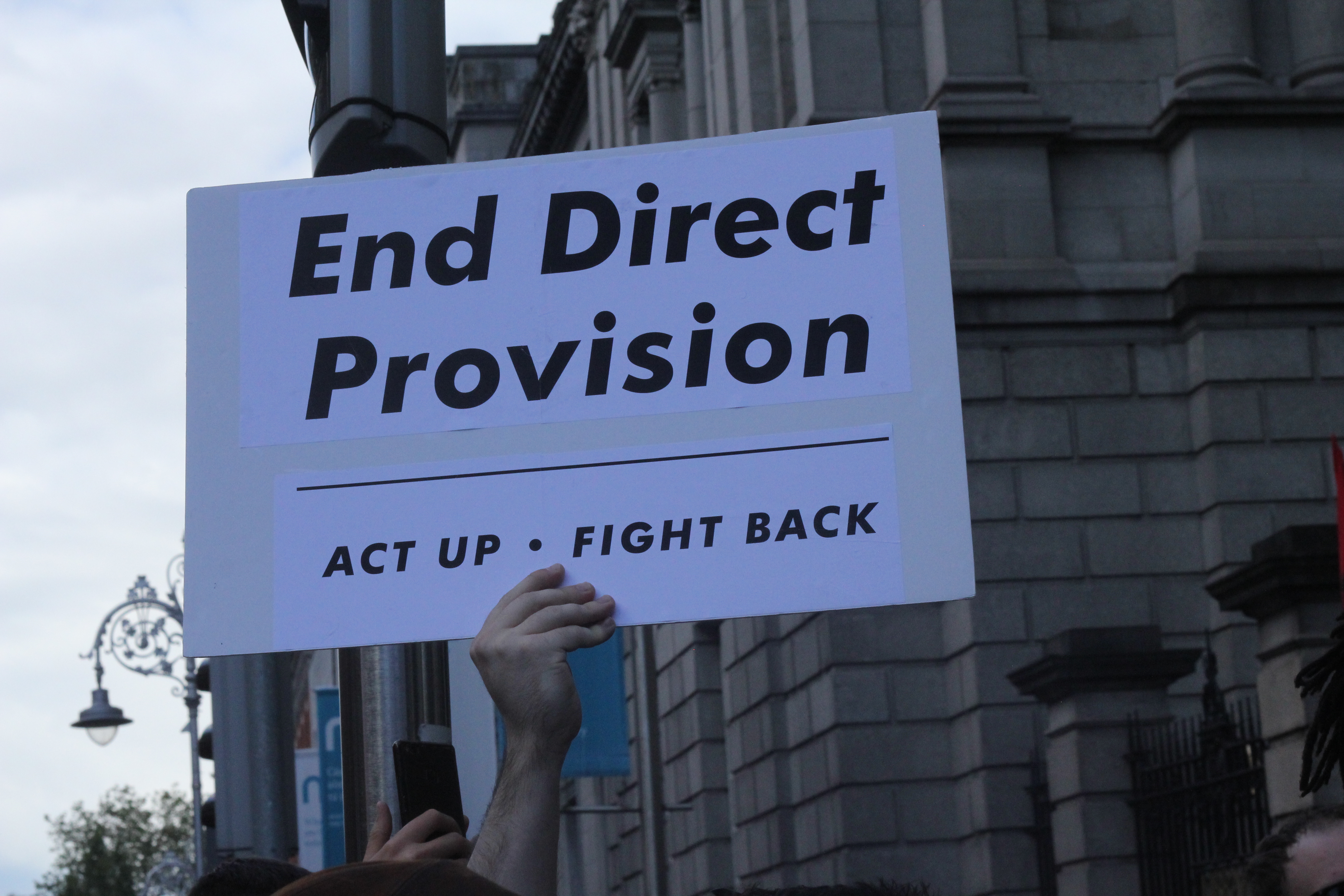Yesterday, government announced changes to fees for students living in Direct Provision.
Minister for Further and Higher Education, Simon Harris, and Minister for Children, Equality, Disability, Integration and Youth, Roderic O’Gorman, announced the new measures, which will be implemented in the incoming academic year.
International protection applicants with permission to work will no longer be charged international fees €3,600 for Post Leaving Cert (PLC) courses. For Irish and EU citizens, the charge is around €200.
The international fee will still apply to some students. The Irish Refugee Council said that the measures would be more effective if they applied to all protection applicants, not just those with permission to work.
Government is to review the student support scheme in 2021. Similar to the SUSI grant scheme, the student support scheme is currently open to undergraduate students under international protection.
The review will consider extending the student support scheme to these students wishing to undertake postgraduate study. Government also plans to increase English language supports.
Minister Harris said: “The Government has now set out its vision to end direct provision and I strongly support that goal.”
“It is my role as Minister for Further and Higher Education to ensure there are no barriers for people living in direct provision to accessing third level.”
Harris said that the waiving of international fees for PLCs “will move further towards a level playing field and improve opportunities for people”.He said that the Department of Further and Higher Education was investigating if there were “any further financial barriers” inhibiting access to third level education for those in the international protection system.
Minister O’Gorman said that the new measures reflected the government’s “commitment to introduce a new model of international protection that focuses on integration from day one”.
Removing the financial barrier to PLC courses will support people under international protection “to upskill”, “live independently and continue with their lives”, O’Gorman added.
In February, government published a White Paper outlining its plan to replace the Direct Provision system with an international protection system for people seeking asylum or refugee status in Ireland.
According to the plan, people applying for international protection will be helped to integrate and settle in Ireland from the beginning. They will be provided with health, accomodation education and employment supports. Vulnerability assessments will be carried out to determine specific needs.
Accommodation will be initially provided in new reception and integration centres, operated by not-for-profit organisations. This first phase is expected to take four months.
In the second phase, applicants will be offered accommodation within the community. All accommodation will be “own-door” self-contained houses or apartments for families. Single people will have “own-door” or “own-room” accommodation.
According to the plans, all existing Direct Provision centres will close by the end of 2021. Human rights organisations, NGOs and those living in direct provision have been calling for an end to system for years.






